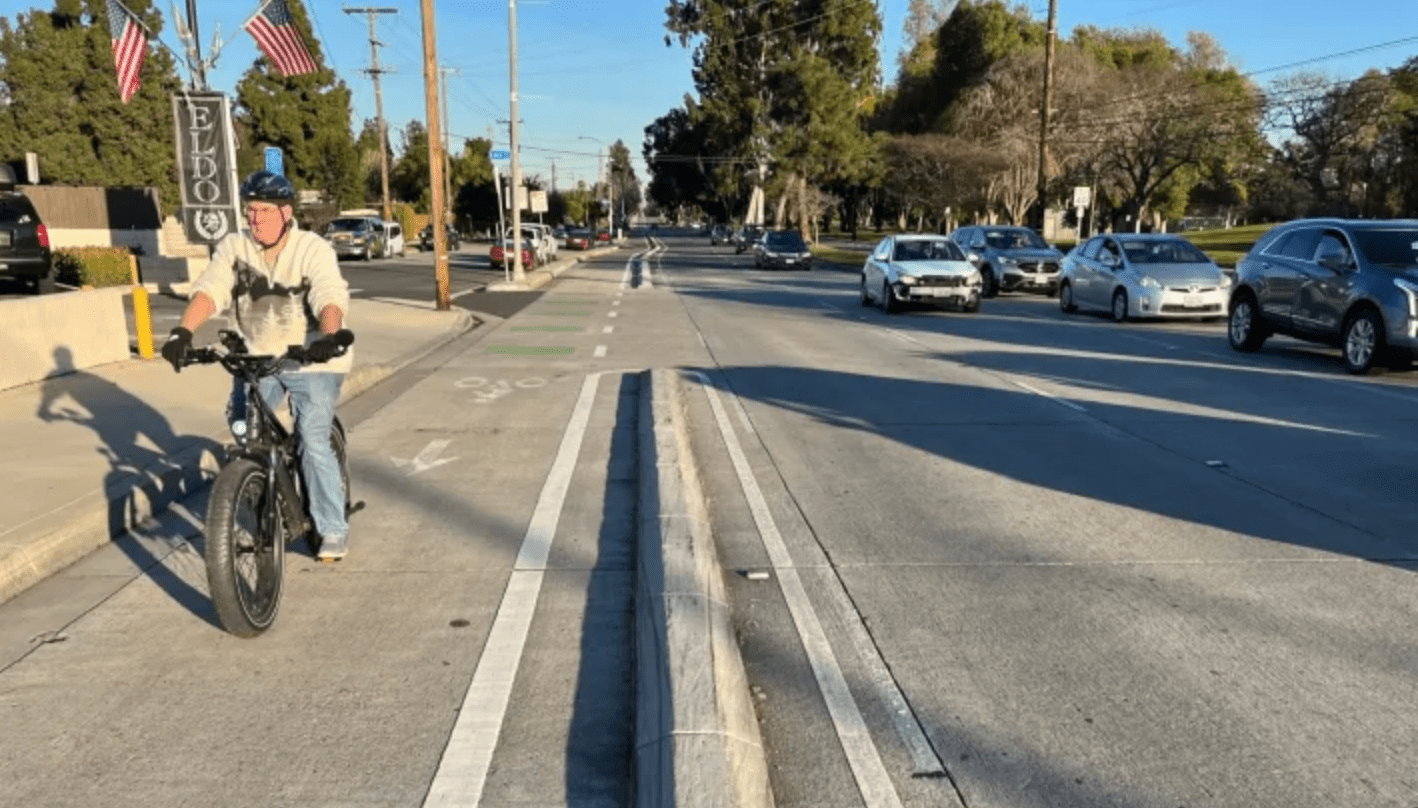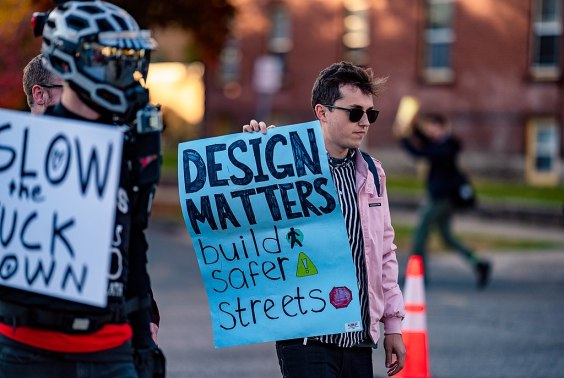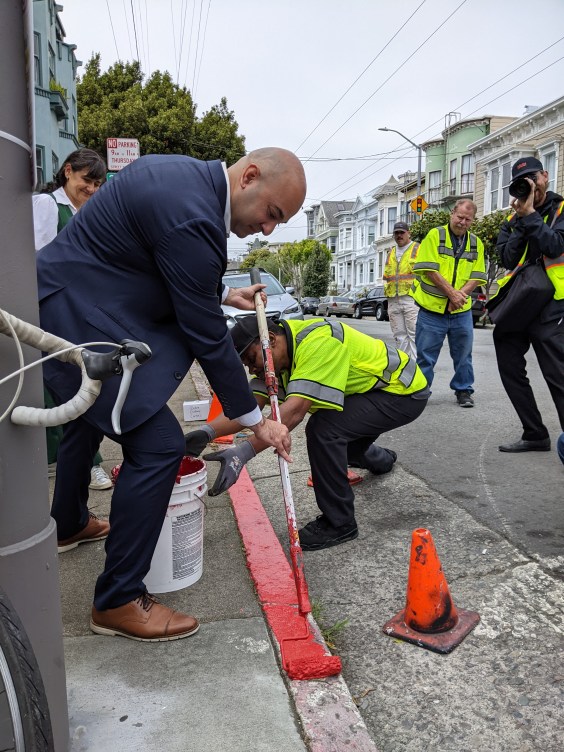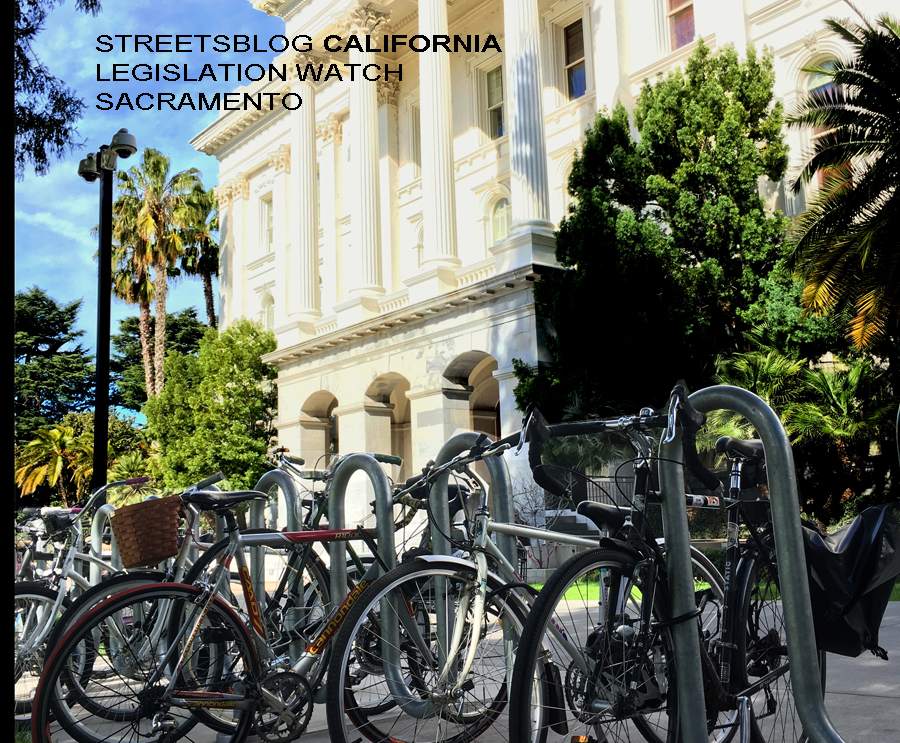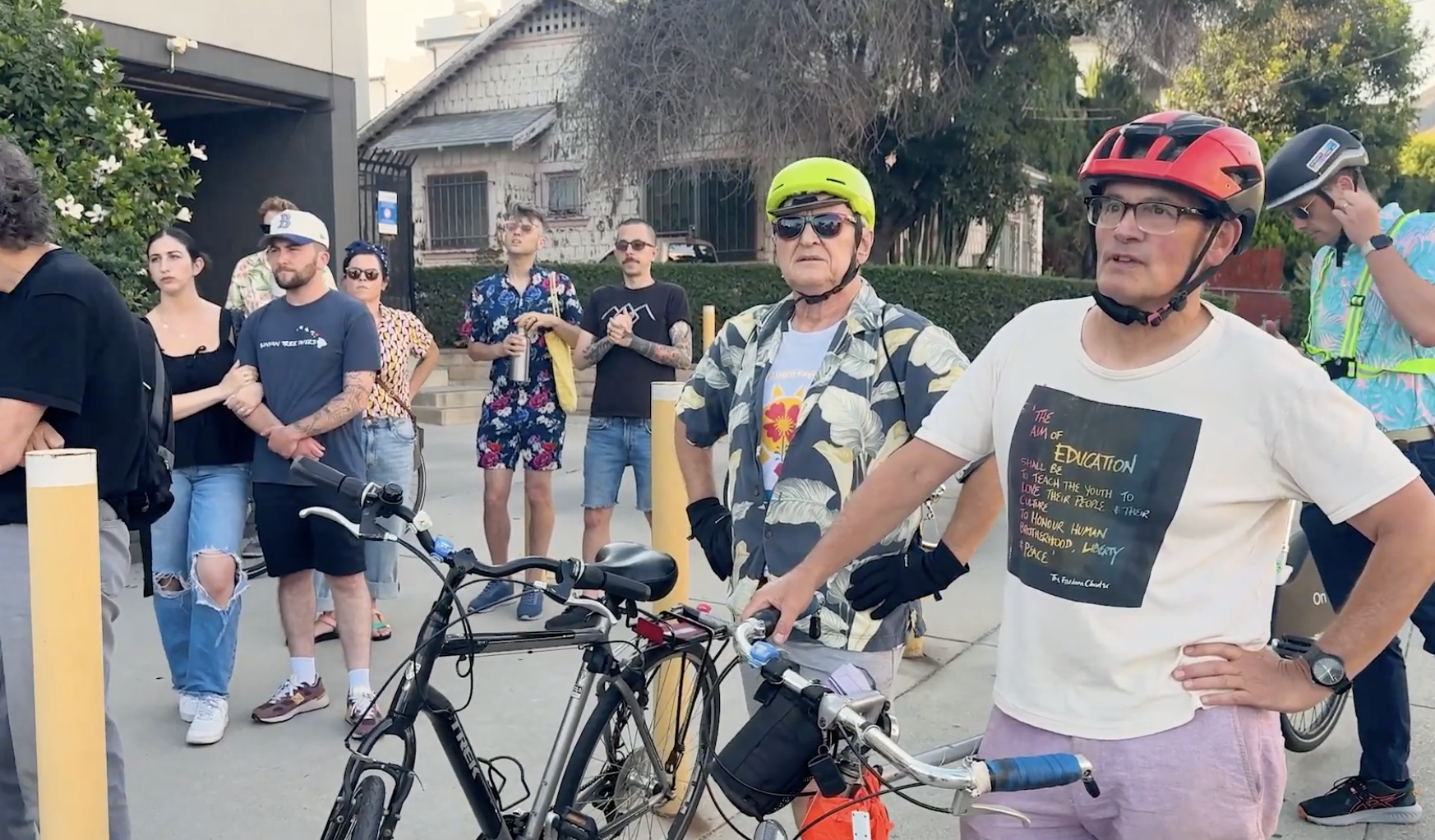How is the U.S. doing on traffic safety?
To hear a lot of people tell it, we're making great strides. President Obama recently referred to the reduction in American traffic deaths as a success story of sorts, contrasting it with the rise in gun deaths.
But while traffic fatalities in America are indeed trending downward, the improvement pales in comparison to what other countries have achieved, according to a new report from the Centers for Disease Control.
In America, the per capita traffic fatality rate fell 31 percent from 2000 to 2013, nowhere near the 56 percent improvement in 19 high-income countries over the same period. In fact, all 19 performed better than the U.S., with the best performer, Spain, managing to reduce the traffic fatality rate 75 percent.
As of 2013, America's traffic death rate per person was about double the average of the peer nations, the CDC reports. Even measuring traffic fatality rates based on miles driven instead of population (which makes the sprawling, car-centric U.S. look better), America still has the fifth-worst safety record of the 19 nations.
If America instantly achieved the traffic death rate of the safest country, Sweden, an incredible 24,000 lives would be saved each year.
CDC researchers Erin Sauber-Schatz, David Ederer, Ann Dellinger, and Grant Baldwin say American officials must respond:
Lower death rates in other high-income countries, as well as a high prevalence of risk factors in the United States, suggest that the United States can make more progress in reducing crash deaths. With a projected increase in U.S. crash deaths in 2015, the time is right to reassess U.S. progress and set new goals.
While the CDC emphasizes impaired driving and failure to wear seatbealts as primary causes of traffic deaths (repeating the dominant American traffic safety message of the past 50 years), the agency does single out excessive speed as a systemic risk. The CDC also refers approvingly to Vision Zero approaches to traffic safety, and the philosophy that "system providers" like transportation engineers are responsible for preventing the loss of life.

